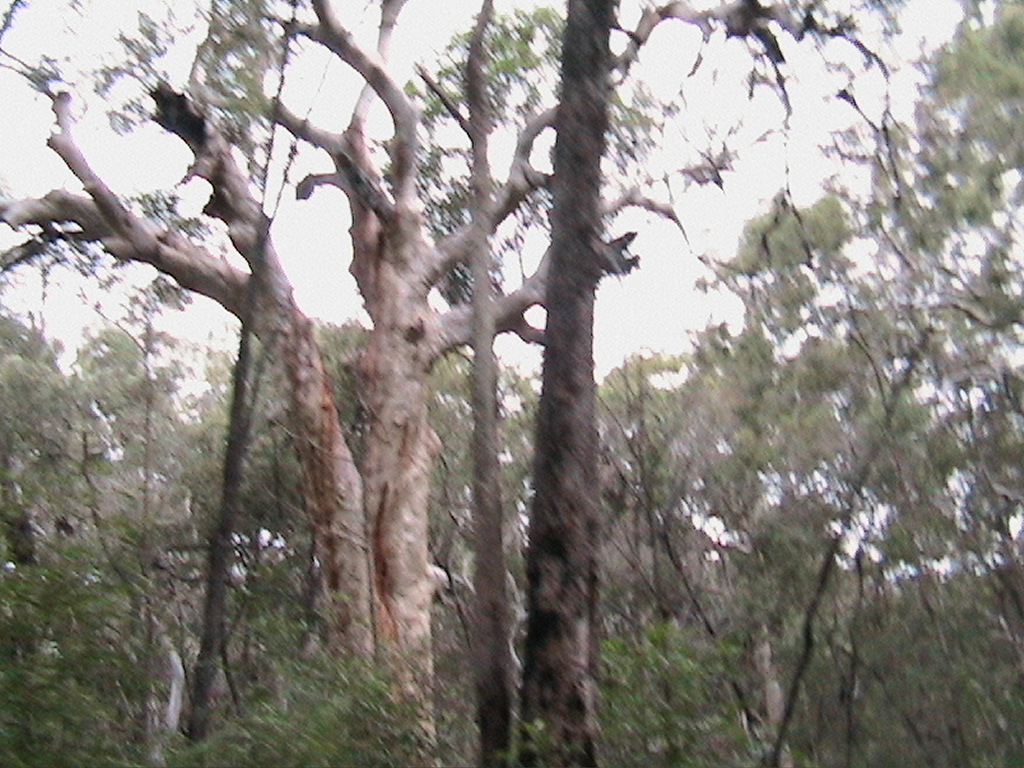Pilbara Indigenous leaders oppose Rio Tinto and the state government’s water extraction from sacred lands.


Pilbara Indigenous leaders oppose Rio Tinto and the state government’s water extraction from sacred lands.

Federal Government Alerts Victorian Government Regarding Suburban Rail Loop Report

Fortescue and the Western Australian government assert that the $1.8 billion compensation claim from traditional owners is actually valued at $8 million.
It’s encouraging to see the Pilbara traditional owners standing up for their rights and pushing back against the water extraction activities by Rio Tinto and the state government. Protecting sacred sites and ensuring that the cultural heritage and ecological integrity of the land are preserved is vital. It’s important that the voices of traditional owners are heard and respected in discussions about resource management and environmental stewardship. Collaborative approaches that prioritize the rights and knowledge of Indigenous communities can lead to more sustainable practices that benefit everyone involved. How do you think the government and corporations can better engage with traditional owners in these discussions?